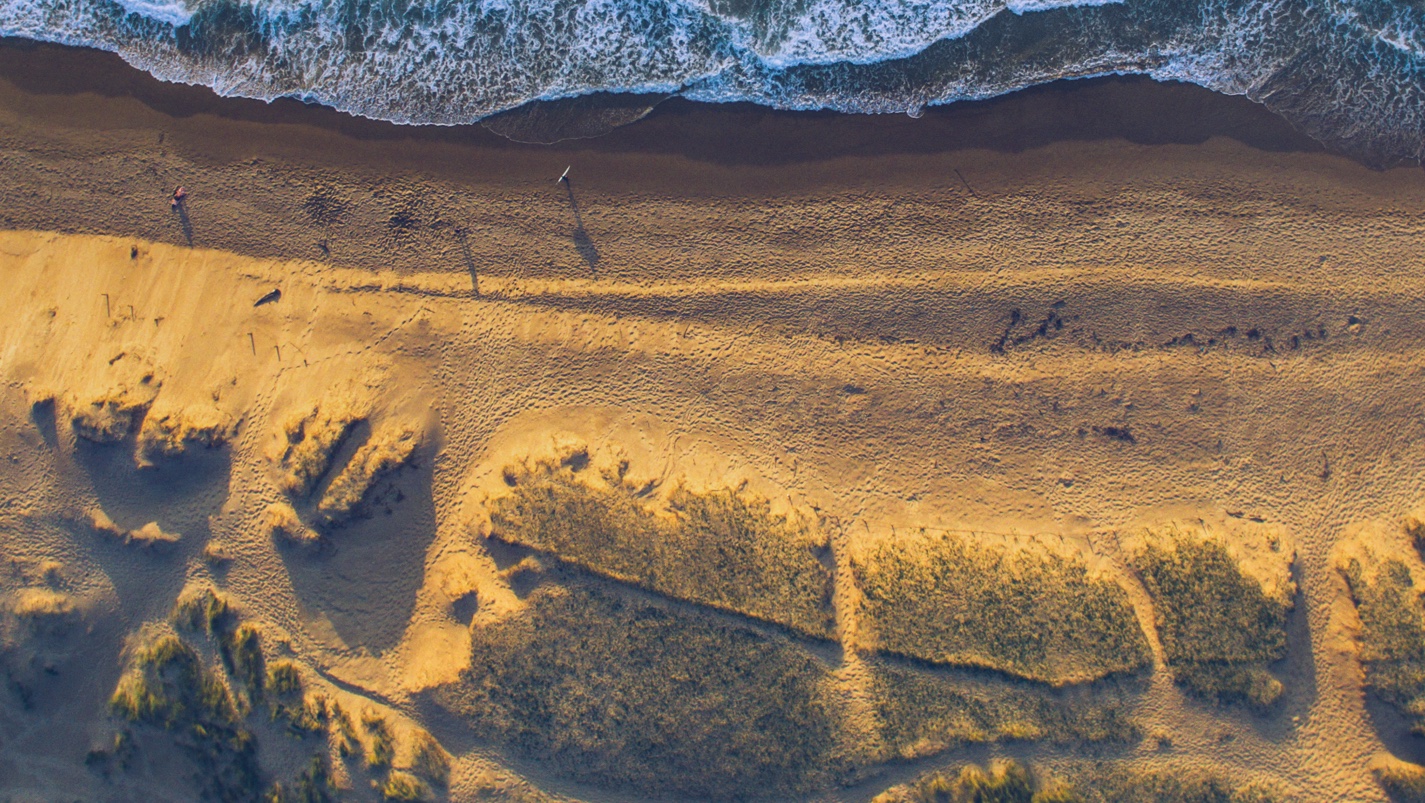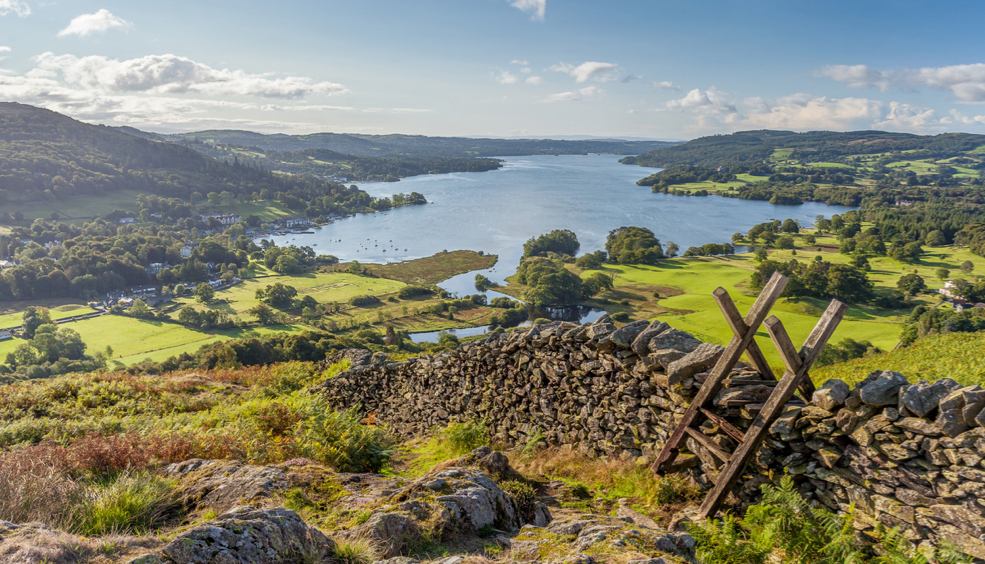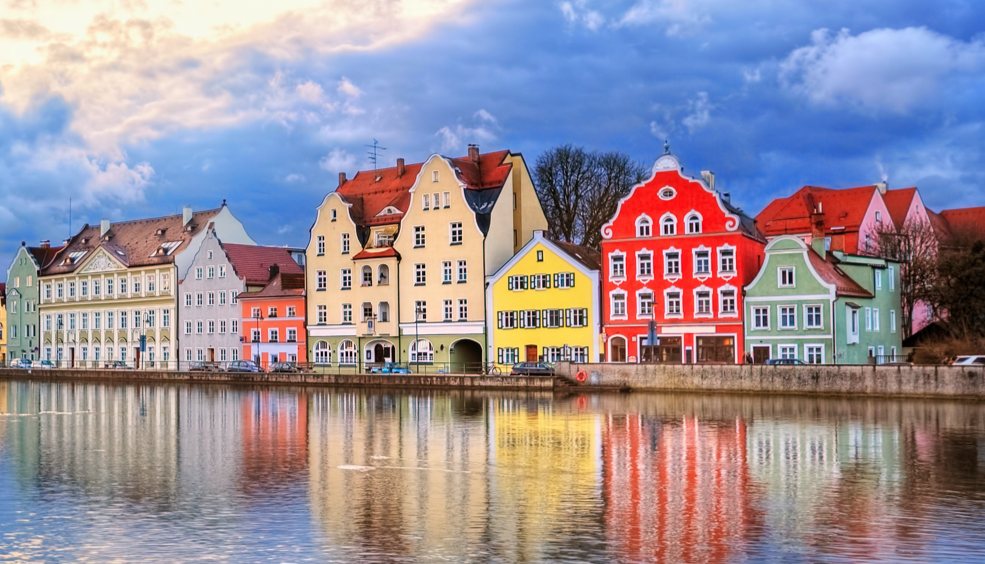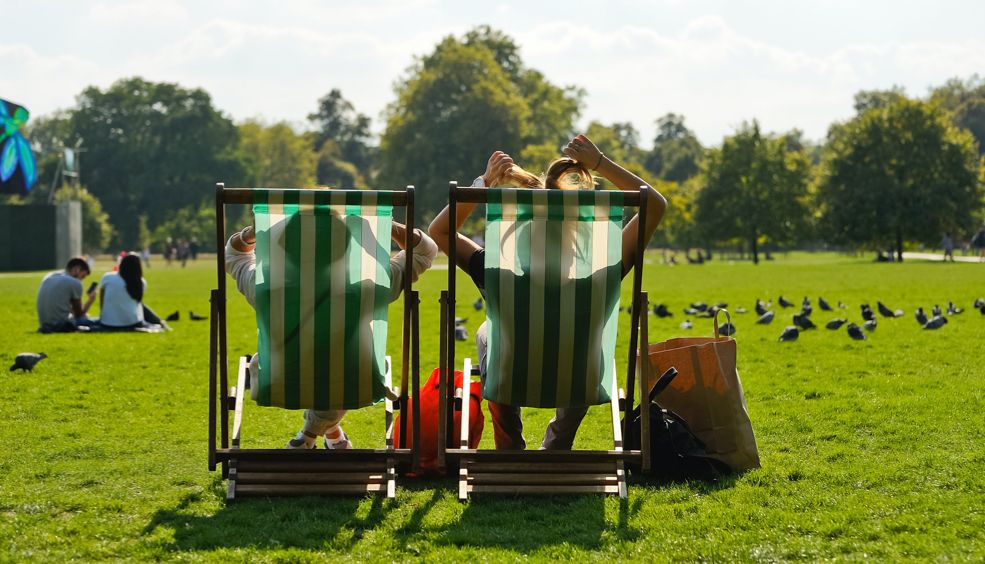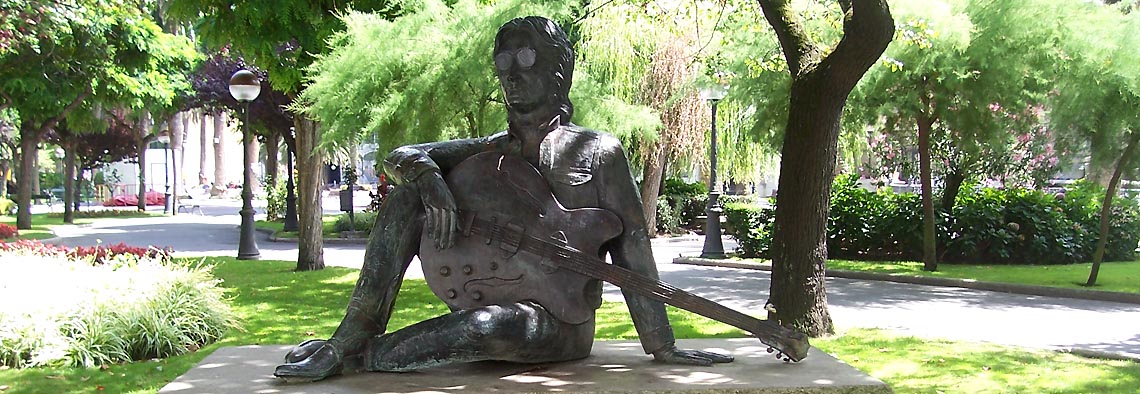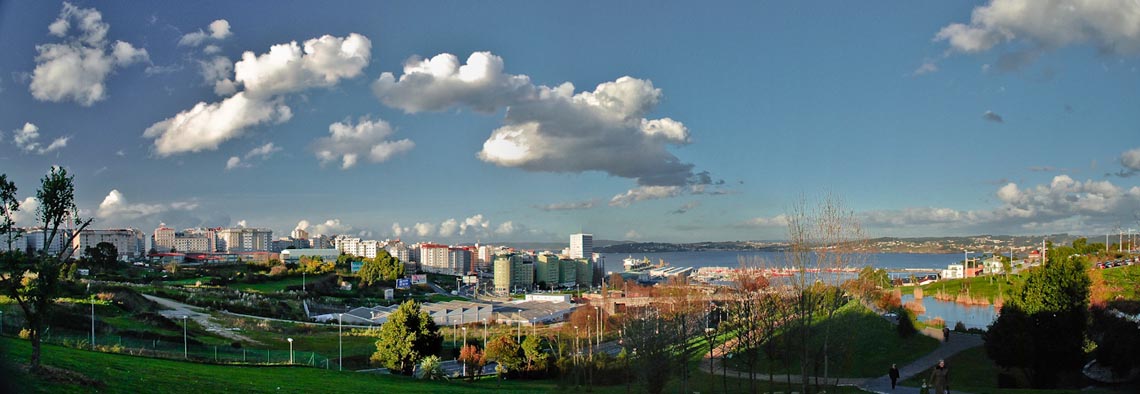An Experience in Bioclimatic Homes
08 January, 2016
To see such homes, you no longer need to wrack your imagination or resort to infographics or 3D mock-ups. The small town of Granadilla de Abona in Tenerife already boasts some fully ecological buildings. While we still resort to electric radiators and vitroceramics, such dependencies have been eliminated in the Iter futuristic homes. Available to prospective tenants is a catalogue of over twenty bioclimatic homes, each with its own name (La Estrella, La Duna, El Cangrejo…), allowing clients to choose whichever suits them best. And, they all come with the best gift of all – a resplendent starry sky, which has turned the town into a prime Starlight tourist destination (a UNESCO listing for destinations with optimum conditions for gazing at the night sky).
A Visionary Idea
The revolutionary idea was first implemented through an international tender put out by the Cabildo Insular de Tenerife (Tenerife Island Council) and the Instituto Tecnológico y de Energías Renovables – Institute of Technology and Renewable Energy (ITER), which owns the land where the development has sprung up – endorsed by the International Union of Architects. The objective was to set up a laboratory of bioclimatic homes adhering to the principles of bioclimatic architecture and adaptation to environmental conditions, capable of energy self-sufficiency. And, the experiment has been successful and the results obtained will be used as a blueprint for future sustainable construction initiatives.
Of the 397 projects submitted for tender, 25 were selected and now form part of the development. Each of the homes is different from the others in terms of design, materials, techniques for harnessing natural resources and the architectural integration of thermal and photovoltaic solar energy. So, every single home is the outcome of full dedication by architects from all over the world, backed up by the labour of local interior designers, who have personalised the interior of each building. They have developed eclectic living spaces characterised by a blend of classical contemporary design and local craft elements. The result is surprising and engaging, each home redolent with its own character and style. This makes the development a unique enclave in the world, as it is living proof of the direct application of highly diverse bioclimatic techniques.
Everything has been thought out, down to the last detail. Each of these houses is fitted with sensors to detect certain common parameters, and others specific to each building, in accordance with its distinctive features. Another essential criterion for choosing the winning projects is related to environmental impact – the distribution and orientation of each home was carefully surveyed to ensure full integration in the landscape, while special attention was devoted to designing a microclimate around the homes. As for gardens, indigenous vegetation was used as far as possible, reinforced by a watering regime suited to its structural features.
New Eating Experiences
Here, things are anything but conventional, and cuisine is no exception. When it comes to food, various options are available in this development. Thus, for instance, there is an organic basket made up of produce from neighbouring farms, an option to go to the fishing village of El Médano just 10 kilometres away, and an à la carte menu booked a day in advance and delivered to the home.
What to Expect
The bioclimatic homes, located facing the sea and alongside the Montaña Pelada Natural Monument – an ancient, dormant volcano – form a bioclimatic development with energy self-sufficiency and zero CO2 emissions. It is a unique enclave conducive to peace and calm.
The development lies between the sea and the mountains. It encompasses 45,000 m2 covered in indigenous vegetation which regales the area with sweet-smelling plants. The home surroundings are embellished by streaks of water, ponds and channels, making up a breathtaking scenic composition.
The are also several scarcely frequented sandy beaches within a short walking distance. What more could you ask for? Why wait to discover it for yourself? Check out our flights here.
Text by Turismo de Tenerife
Images by Iter
08 January, 2016

